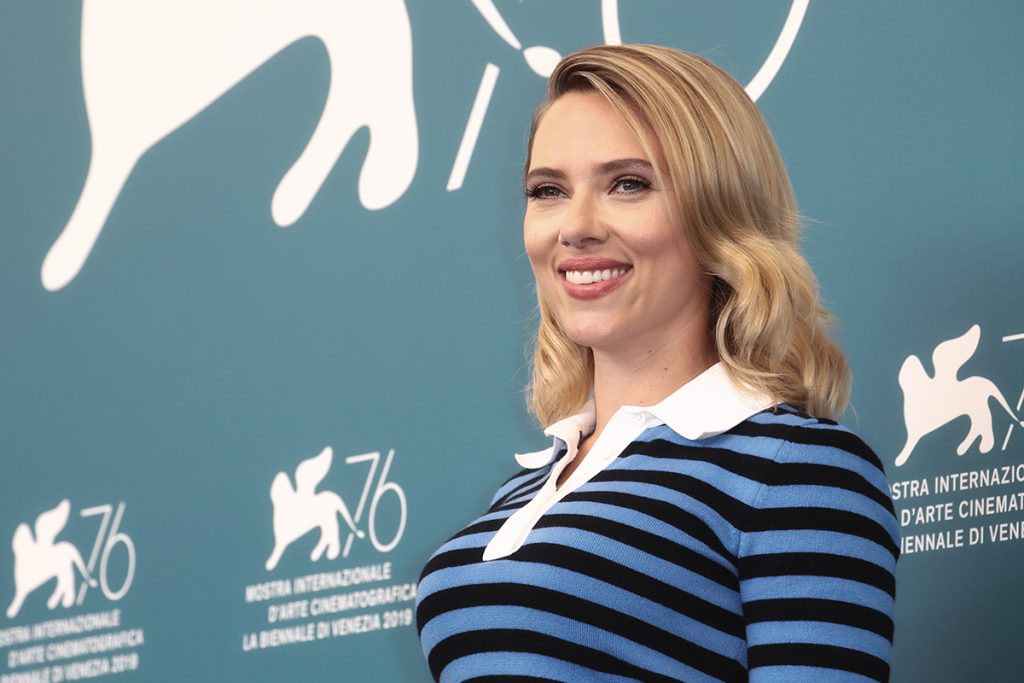Scarlett Johansson has recently expressed her surprise and dissatisfaction with a synthetic voice introduced in an update to OpenAI’s ChatGPT. Johansson found the voice, named “Sky,” remarkably similar to her own, and she raised concerns about its usage without her consent, as reported by CNN.
The controversy emerged when people noticed similarities between Sky and the fictional voice assistant portrayed by Johansson in the movie “Her.” Critics criticized Sky for its overly familiar and flirtatious tone, suggesting it might cater to male fantasies.
Johansson revealed that OpenAI CEO Sam Altman had approached her last September with an offer to voice the ChatGPT 4.0 system, an offer she declined for personal reasons. However, Altman allegedly contacted Johansson’s agent just days before the demo release, prompting Johansson to seek legal advice. OpenAI eventually agreed to remove the Sky voice following legal pressure from Johansson’s team.
Altman denied any intentional resemblance to Johansson, stating that Sky’s voice belonged to a different actress. OpenAI emphasized its aim to create approachable voices that inspire trust but acknowledged the need to address concerns by pausing the use of Sky.
This incident has sparked discussions about biases in technology, particularly in products developed by predominantly White male-led companies. The criticism surrounding Sky reflects broader societal concerns about representation and portrayal in AI systems.
The controversy comes amid scrutiny over OpenAI’s safety practices, triggered by a former employee’s critique of the company’s priorities. Concerns have been raised about prioritizing “shiny products” over safety, leading Altman to admit the necessity for improving safety culture.
Greg Brockman, President of OpenAI, outlined the company’s approach to long-term AI safety, stressing the importance of awareness, analysis, and rigorous testing. Despite recent restructuring efforts that saw the disbandment of a safety-focused team, OpenAI remains committed to addressing safety concerns and integrating safety measures into its research and development processes.
As debates on synthetic voices and AI safety persist, there’s a growing consensus on the necessity for transparency and regulation to safeguard individual rights and ensure ethical AI development.
Scarlett Johansson’s clash with OpenAI over the synthetic voice in ChatGPT highlights the intricate ethical and legal ramifications of AI technology. It underscores the significance of accountability, consent, and diversity in AI system development, along with the ongoing need for robust safety measures and regulatory frameworks to guide responsible AI deployment.


